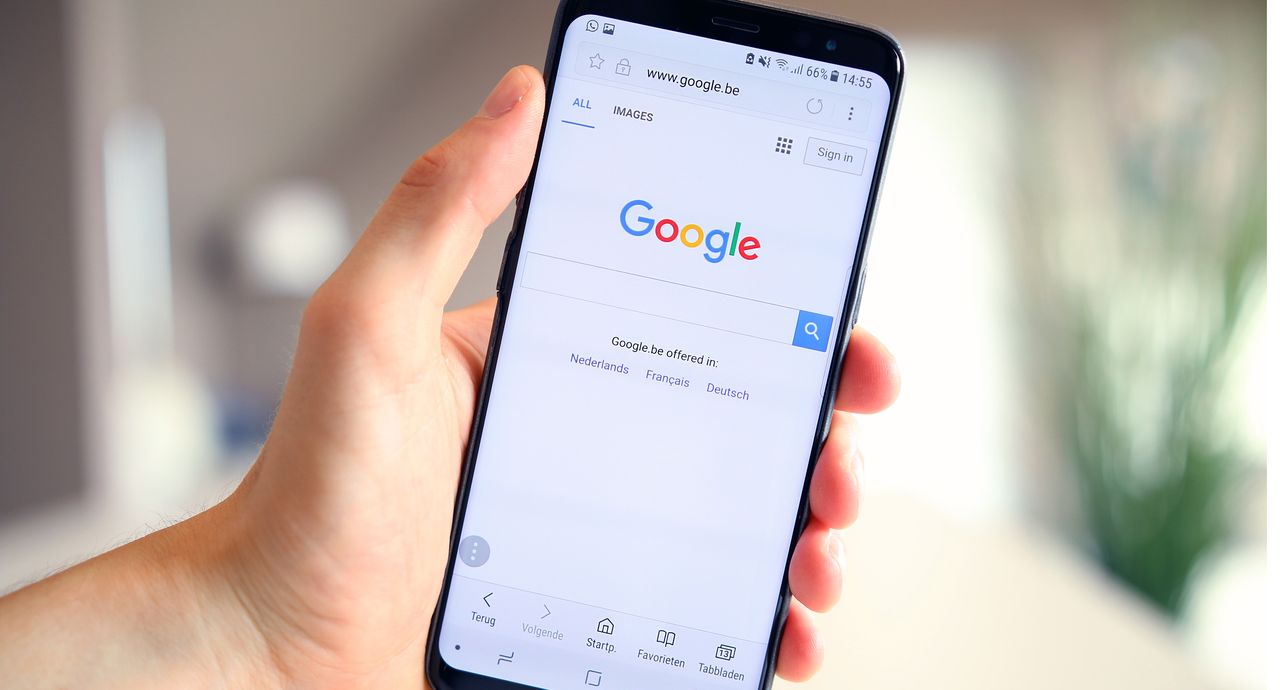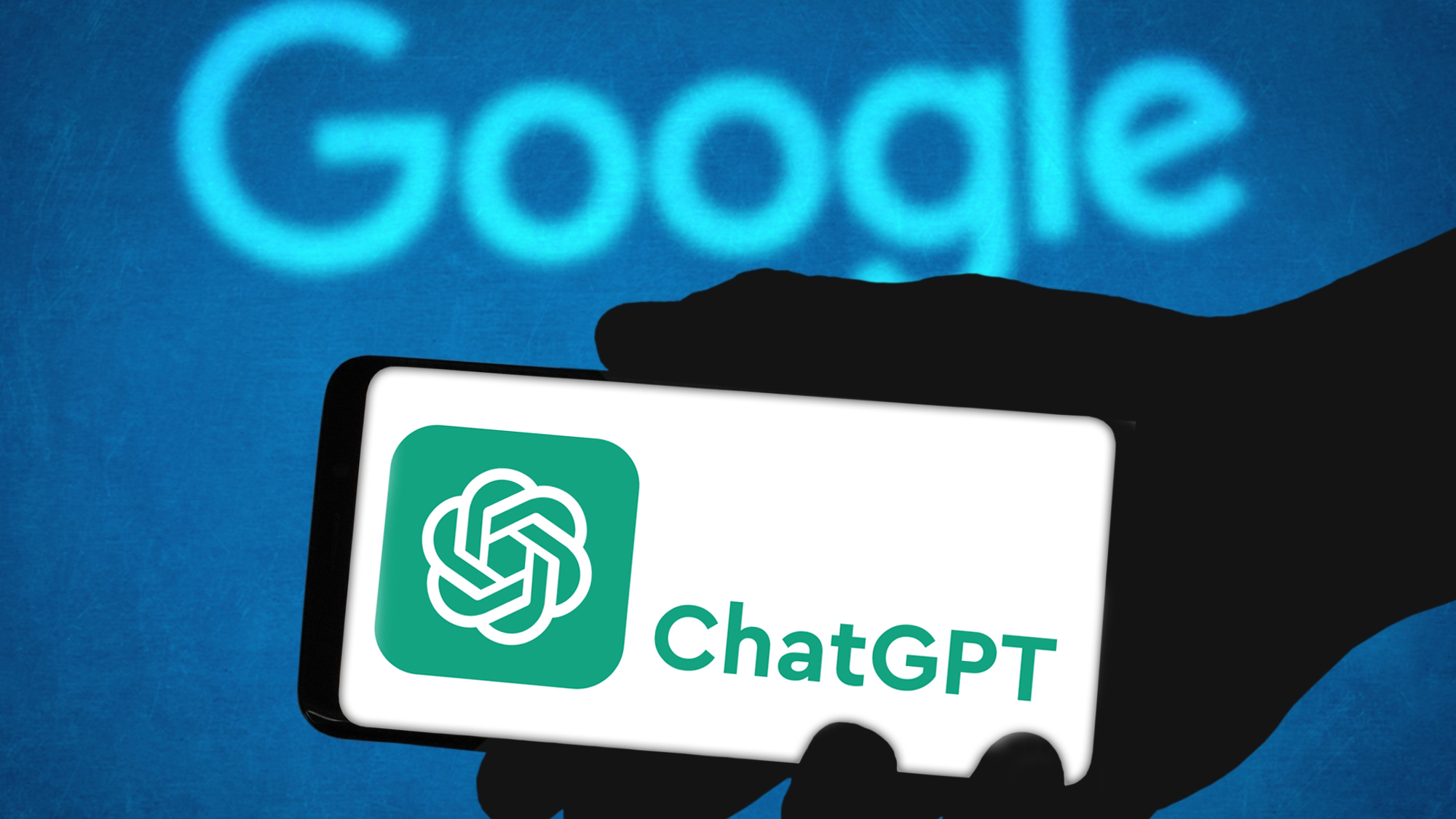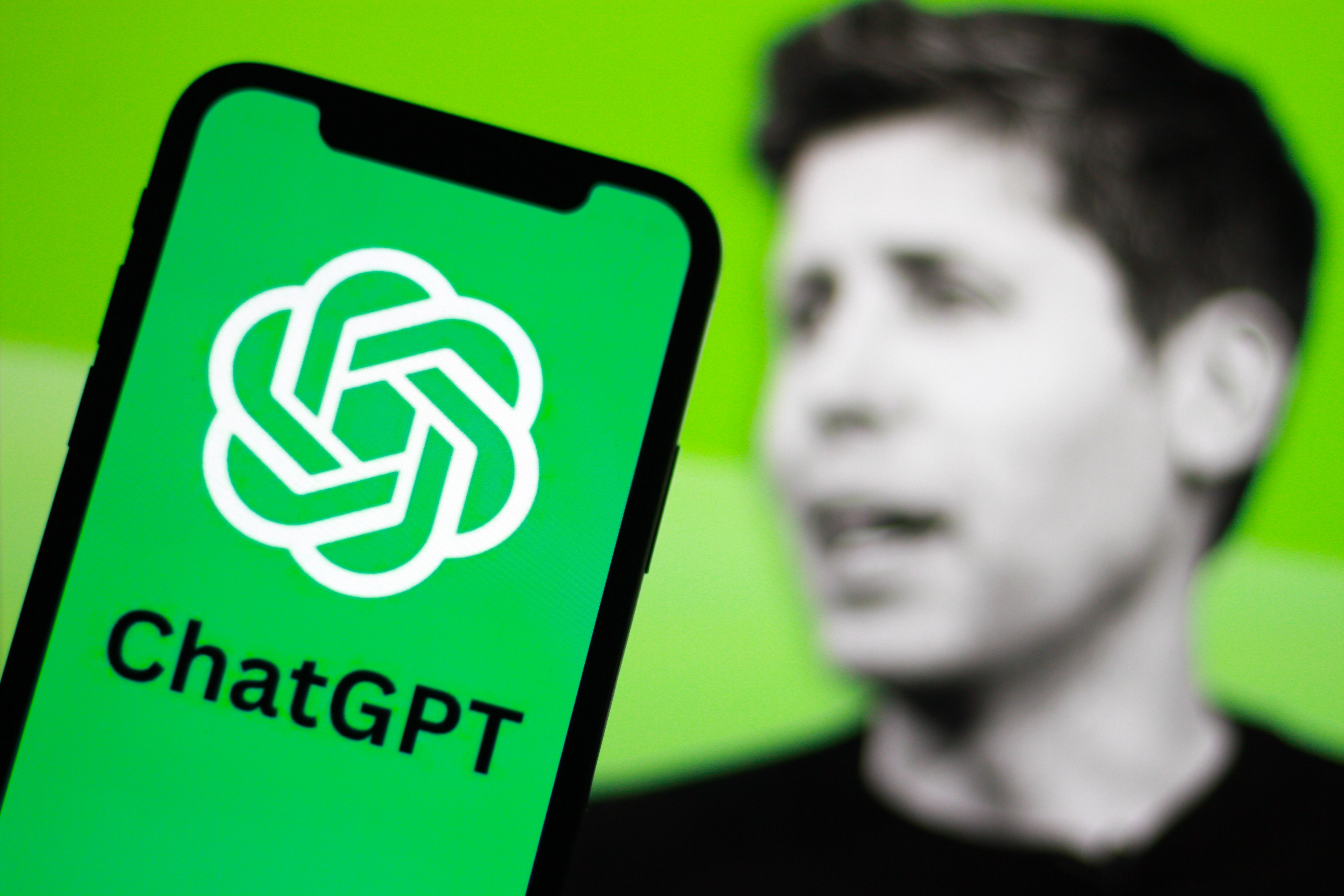
As OpenAI continues its race to rival Google Search, it’s doing something unexpected behind the scenes: relying on Google’s own search results to train and power ChatGPT.
According to The Information, OpenAI has been using data scraped from Google Search via SerpApi, a web-scraping service based in Austin, Texas. This data reportedly helps ChatGPT answer real-time queries about news, sports, and financial markets; all areas where OpenAI's in-house tools are still playing catch-up.
Google Search and ChatGPT rivalry

The revelation is particularly surprising given Google’s prior stance. Last year, Google declined OpenAI’s direct request to access its search index to improve ChatGPT's performance, according to documents revealed in the company’s ongoing antitrust battle with the Department of Justice. Yet today, OpenAI rents servers from Google Cloud to run ChatGPT; a clear signal that business pragmatism can override competitive tension.
SerpApi’s client list isn’t limited to OpenAI, either. Other tech giants like Meta, Apple and Perplexity (a ChatGPT search rival) are also reportedly customers. While SerpApi once publicly listed OpenAI on its website, the reference has been removed.
Despite their friction, Google hasn’t taken legal action to shut down SerpApi. That could be due to regulatory pressure; the DOJ case may force Google to open its search index to competitors.
Did ChatGPT really use Google search results?

Some outside developers say yes. One former Google engineer, Abhishek Iyer, created dummy web pages that appeared only in Google’s index. When he later asked ChatGPT about them, the bot responded with information pulled from those very pages, suggesting that Google search snippets are indeed being repurposed in ChatGPT responses.
This matters because Google’s snippets, the brief answers that appear at the top of search results, are built using proprietary methods. And while OpenAI has its own web crawler and access to Microsoft Bing’s search API, it appears those aren’t enough to replicate Google’s accuracy at scale, especially for obscure or long-tail queries.
In court testimony earlier this year, OpenAI’s Nick Turley admitted as much. “Our goal—which was a lofty goal, and we’re nowhere near close—is to serve about 80% of our traffic from our own first-party index,” Turley said. “We think 100% is long-term attainable but... it’s not an operationalizable goal.”
Final thoughts
Despite ChatGPT's massive growth, 700 million weekly users and a projected $10 billion in annual revenue, it still pales in comparison to Google's scale. Google handles over 5 trillion searches per year and growth continues to hold strong.
Even in comparion, OpenAI has bigger plans. In addition to subscriptions, the company is exploring advertisments (similar to Perplexity) and affiliate partnerships to turn free users into a revenue stream, much like how Google monetizes shopping results.
Whether Google will actually ever really license product or shopping data to OpenAI is something that remains to be seen. But with OpenAI pushing to dominate search while using Google's own tools to get there, the battle for the future of search is heating up fast.







